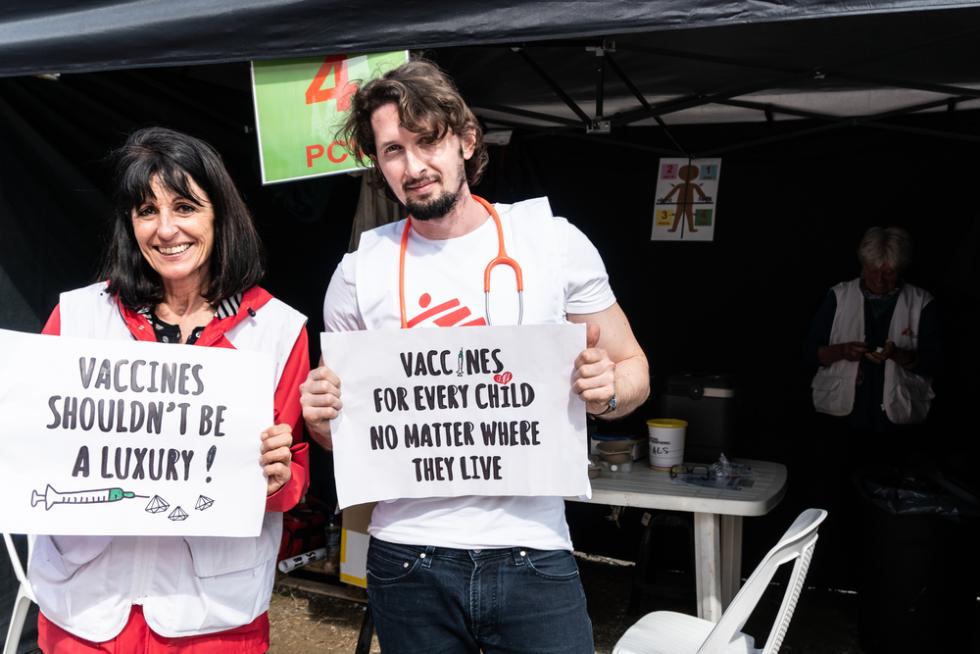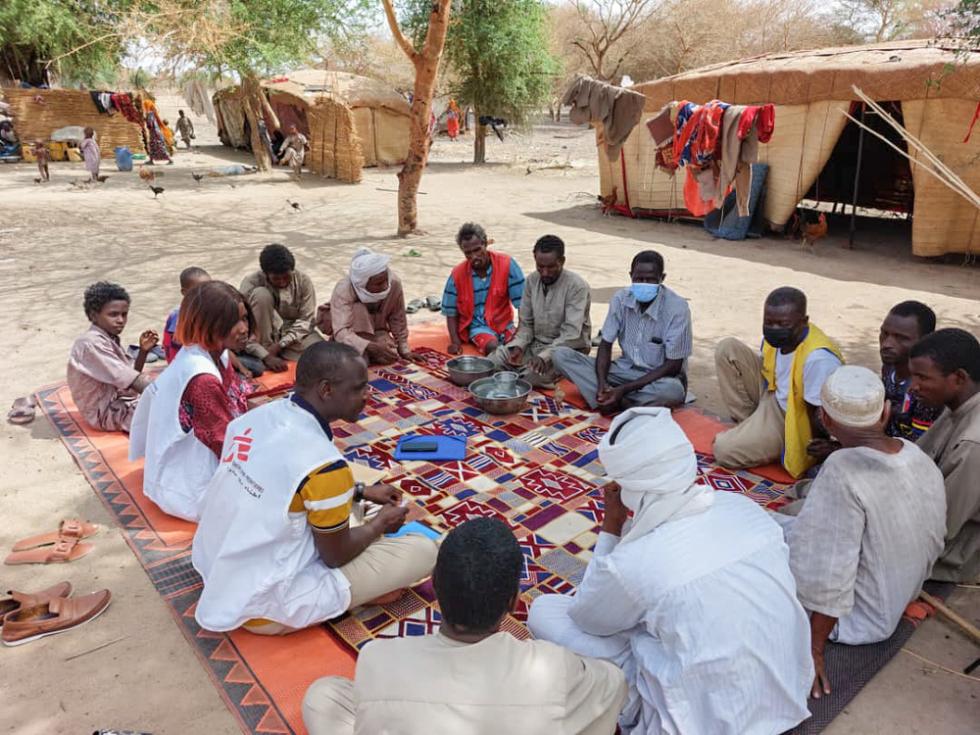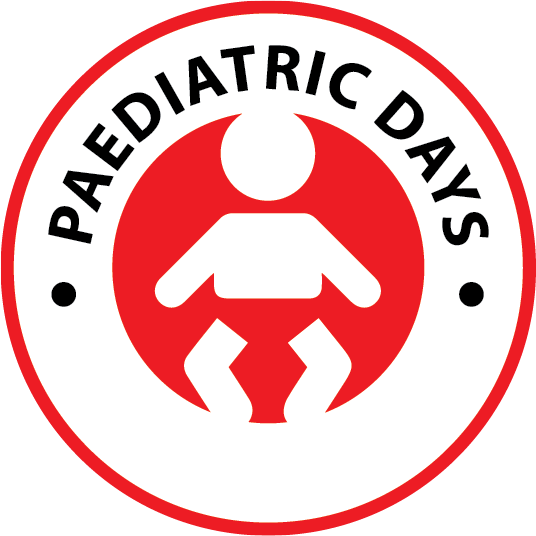PAEDIATRIC VACCINATION: ANYTHING BUT CHILD’S PLAY
An estimated 4 million deaths are prevented by childhood vaccination each year. Inversely, approximately 29% of deaths among children between the age of 1 and 5 were due to vaccine preventable diseases. In spite of this, millions of children do not obtain this life-saving intervention, owing to the multiple barriers that hinder vaccine-uptake.

It is unsurprising that the adage ‘prevention is better than cure’ has become a tenet of modern healthcare. Vaccines are arguably the most cost-effective preventative healthcare tools. They are weakened, inactive, deconstructed or mimicked forms of diseases that are introduced to the body to trigger an immune response thus producing antibodies. Subsequently, the body can easily fight off future attacks from the actual disease. Simply put, vaccines are the immune system’s training wheels.
The first of its kind, the smallpox vaccine was a herculean evolution in the global health landscape. By 1980 we had completely eradicated a virus that had killed more than 300 million people in the span of a single century. Today, 25 diseases are classed as vaccine preventable. Diseases such as polio and measles, that would be otherwise devastating to children’s health, are well on their way to worldwide elimination.
Vaccines have saved more lives than any other medical invention. They are the most successful form of public health intervention. “Vaccination not only reduces morbidity and mortality rates amongst populations, but it is also one of the most cost-effective public health measures that exists,” states Catherine Bachy, a Vaccine-preventable-diseases referent with MSF, “By investing in one cheap vaccine, we can avoid a lot of extra costs from having to treat a sick child or even losing her.”
Moreover, many vaccines provide an easy path to herd immunity. This refers to the protection from infection that a community obtains when a large subset of its population is immune to a disease. Consequently, the spread of the disease becomes unlikely, thus greatly minimizing disease emergence, recurrence and persistence as well as protecting those who may be unable to get vaccinated due to various health conditions.
An estimated 4 million deaths are prevented by childhood vaccination each year. Inversely, approximately 29% of deaths among children between the age of 1 and 5 were due to vaccine preventable diseases. In spite of this, millions of children still do not obtain this life-saving intervention, owing to the multiple barriers that hinder vaccine-uptake. These barriers can range from individual obstacles such as uncertainty about the safety and effectiveness of vaccines, to systemic obstacles such as age restrictions on catch-up vaccinations. Catherine Bachy boils the solution down to a single approach – access.
“Community engagement is vital to directing MSF’s approach to access. A community’s acceptance can make or break health interventions. If well executed, it encourages patient awareness, fosters trust and ultimately increases vaccine uptake,” says Catherine Bachy, “It starts with identifying patient needs and understanding what is acceptable to them. Following this, you have to adopt an approach that is suited to their needs and lifestyle such as conducting vaccination exercises in easily accessible areas and at a favourable time,” she explains.

The MSF Access Campaign was founded on the principle of eliminating barriers to healthcare. For 25 years the campaign has been advocating for quality vaccines, diagnostics and medicines that are: consistently available, affordable, suited to patients’ needs, and adapted to the places they live in.
Victorine De Milliano, Vaccine Policy Advisor for the MSF Access Campaign, is especially troubled by the inadequate policies on catch-up vaccinations for individuals who are missing some or all doses of vaccines listed in their national immunisation programmes.
“Current national and global policies make it difficult to catch-up on vaccinations. For example, the support provided by Gavi, the vaccine alliance, which is the main procurement body for vaccines for many of the countries where MSF works, generally does not span beyond the age of 1, although they have recently announced a temporary age increase until the age of 5,” she explains. As such, she strongly advocates for the institution of permanent policy changes within Gavi and national bodies to ensure all children are reached in a sustainable manner.
Catherine Bachy believes that creating a culture of immunisation will aid in initial and catch-up vaccination efforts. “We should incorporate vaccination into every health activity. This comes down to checking the eligibility for vaccination of anybody that comes into a health structure thus determining whether they require catch up vaccines and administering them if they do.”
Conflict, poverty, and institutional deficiencies are present in many humanitarian settings. These, according to Catherine Bachy, often discourage health-seeking behaviours. Moreover, they often create a vicious cocktail that culminates in incredibly fragile health systems. Communities dependent on inadequate health systems are more likely to experience the adverse and long-term consequences of low immunization coverage. As a result, many rely on external bodies like MSF for vaccine compliance.
“There are many children who miss out on their basic childhood vaccination, especially in humanitarian settings, simply because the government cannot or will not reach these areas,” Victorine De Milliano explains, “More must be done to ensure these children are reached, including allowing humanitarian organizations the freedom to operate as well as allowing for agile and tailored approaches, partnerships and rapid and unhindered access to vaccines in fast changing environments.”
The suppression and eventual eradication of diseases hinges on the utilisation of proactive and reactive measures. Reactive vaccination strategies are a vital outbreak response tool that have been used to curb highly virulent diseases such as measles and cholera. However, they can easily overshadow routine programmes.
MSF vaccine advisor, Primitive Gakima explains that one of the reasons childhood vaccinations are not accessed earlier in emergency situations is because the focus is on reactive vaccinations which solve seemingly more urgent issues. “Routine immunization is not prioritized. Instead, more attention is given to campaigns which are reactive and Supplementary Immunization Activities.”
“We need to uphold routine childhood vaccination as a part of primary healthcare. This includes training health personnel to seize every opportunity presented to them including when conducting reactive campaigns,” she adds.
2021 saw the lowest level of immunisation against DTP 3 (Diphtheria-Tetanus-Pertussis) since 2008 at 81 percent global coverage. This was concerning as the regimen is used as an indicator to assess how well countries are doing in the provision of routine childhood vaccinations.
This lack of proper immunisation coverage has furthered the spread of vaccine-preventable diseases. Measles outbreaks have become more frequent. In 2022 alone, 136,000 people (mostly among children) died from the disease. Low-income countries continue to bear the brunt of limited coverage. A united and concerted effort by local, regional, and global health partners is needed to prevent, monitor, detect and respond to outbreaks of vaccine preventable diseases.
“We really need all hands on deck to ensure all these children are reached. And not just the children of today but also the children of tomorrow, and all the days after this. This means real changes in the way we are approaching vaccination in humanitarian settings. Every child must have access to vaccines and immunization must be based on needs.” Victorine De Milliano concludes.
The 2024 edition of the Paediatric Days conference will be held on 3rd and 4th May in Nairobi, Kenya. Experts from WHO, GAVI, UNICEF, MSF, including Catherine Bachy and Victorine De Milliano, will discuss how to maximise catch-up vaccination opportunities in the post-COVID 19 era. The session will highlight the recent increases in epidemics of vaccine-preventable diseases, while analysing potential new vaccination strategies in humanitarian settings. Register here to join the discussion.
